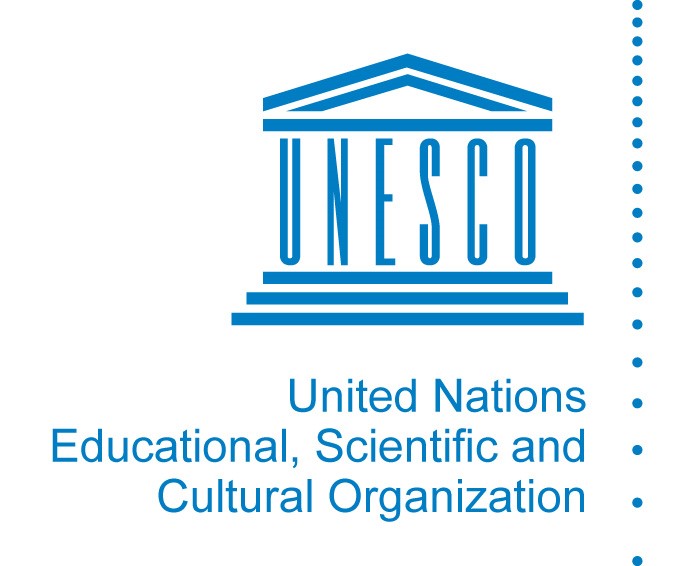Having survivors involved in the communications can be very powerful for listeners, viewers and for the survivor who may find the experience empowering and cathartic. However, given the ethical and safety issues that are extremely sensitive in cases of violence, informed consent and measures to support and protect the victim are paramount. Journalists can sometimes push for victims/survivors to “tell all.” For some women, this kind of public story-telling can be a positive and empowering experience. For others, it can be unexpectedly distressing/retraumatizing; can affect the outcome of their case (if it is in a judicial proceeding); and can also increase the risk of further violence against them or their children, for example, through unintended exposure of their location to a violent partner.
There have been cases where after the woman discussed the violence she had experienced in media, she faced further attacks from the perpetrator or other family members, resulting in further harm, including death.
Example: In Spain, a woman was murdered by her ex-husband in 1997 thirteen days after appearing on television and reporting the violence that she had suffered because of him. This case was followed by other comparable cases in 1998, 1999 and 2007. As a result of these incidents, the Spanish Law on Gender Based violence included provisions on media reporting. Specifically, it articulated that “reports concerning violence against women, within the requirements of journalistic objectivity, shall do the utmost to defend human rights and the freedom and dignity of the female victims of gender violence and their children. They shall take special care in the graphic treatment of such items”. (Article 14 of Spanish Organic Law 1/2004.
Sources:http://www.lavozdegalicia.es/espana/2007/11/22/00031195735083733946925.htm; http://justiciadegenero.com/en/organic-law-12004-of-28-december-on-integrated-protection-measures-against-gender-violence-spain/
As such, it is important to consider at the outset whether victim/survivor story-telling is truly relevant to the media partnership that is being supported. If it is the case, discussions with media organizations must be engaged early and a relevant protocol should be developed which also addresses ethical and safety considerations, including acquiring informed consent from the individual(s) being interviewed and referrals to support services and/or having a counsellor on hand.
Survivor Advocates (Australia)
In 2000, in Australia, a victim/survivor advocate programme was established within a family violence crisis service. The programme was one part of a strategic framework developed across the state of Victoria to improve media reporting. The framework recognised that a key part of improving news media reporting of VAWG was meeting media requests for stories that could put a face and human element to the statistics. Such programmes now exist across the state, including on sexual violence, and involve training women victims/survivors who want to tell their stories on what to expect and how to manage media interviews, so that they feel empowered and confident to discuss VAWG, as well as provision of support leading up to, during and after interviews (including linking them into ongoing support services if required). The programmes have been highly successful at ensuring that women who tell their stories of violence are informed, supported and empowered, while simultaneously increasing the number of survivors who can advocate through the media and public events.
For more information on the survivor advocate programme in Victoria, Australia see https://www.safesteps.org.au/our-advocacy/survivor-advocate-program/ and http://whe.org.au/what-we-do/prevention-of-violence-against-women/
Resources:
WHO Ethical and safety recommendations for researching, documenting and monitoring sexual violence in emergencies: http://endvawnow.org/uploads/browser/files/WHO%20Ethics%20and%20Safety.p
WHO Ethical and safety recommendations for interviewing trafficked women: http://endvawnow.org/en/tools/view/670-who-ethical-and-safety-recommendations-for-interviewing-trafficked-women-2003.html
WHO Putting Women First: Ethical and Safety Recommendations for Research on Domestic Violence Against Women: http://apps.who.int/iris/bitstream/10665/251759/1/9789241510189-eng.pdf
